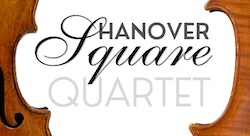Programmes
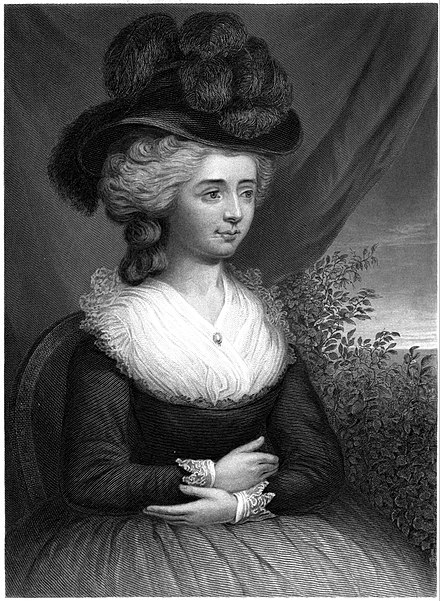
Our repertoire spans the music one plays with gut strings: from the early 1700s to the early 1900s. As this covers four centuries, depending on the repertoire we play on differing set-ups: from baroque & classical to romantic or modern.
We think it important to promote the music of women.
Often their sex is the only reason their voices are not as well known.
Fanny Hensel was just as able a composer as her more famous brother, Mendelssohn.
Emilie Mayer wrote wonderful music, and was far ahead of her time, even if few have heard of her.
We also champion classical and romantic works by composers of ethnic minorities. They too deserve to be better known.
We play them alongside the core quartet repertoire: composers such as J. Haydn, Mozart, Beethoven, Schubert and their contemporaries
Current Programmes:
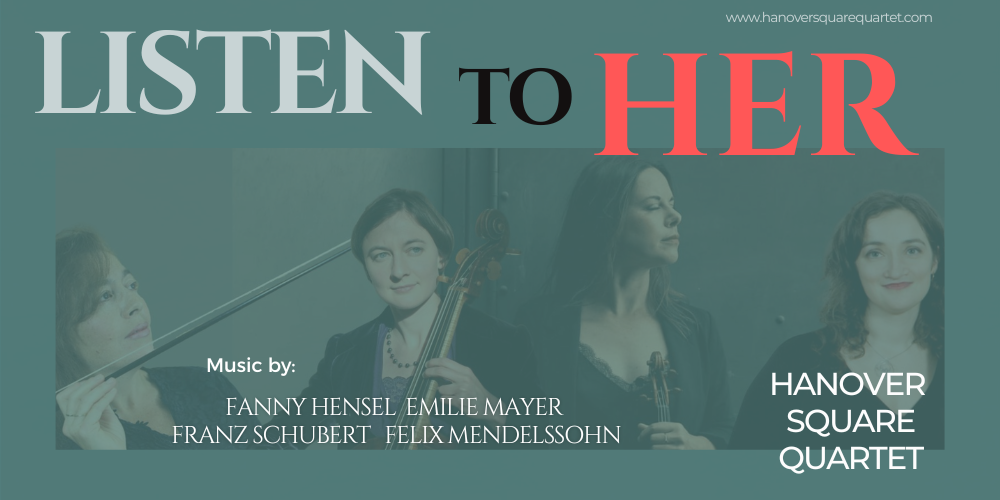
Music by women composers is only now being recognised as equal in quality to works of men. The prejudice of their era often means we don't listen to it with the same open ears. Women had to stay at home, be married and be concerned about their reputation, which for some reason was believed to be besmirched by publishing their work.
Most of their works tended to be for fortepiano, or voice and accompaniment, with a few forays into more orchestral work.
We're delighted to introduce the works of Fanny Hensel and Emilie Mayer, whose compositions were innovative and forwards looking. We bring to you some of their brilliant works for string quartet.
Works:
Fanny Hensel (nee Mendelssohn) Quartet
Emilie Mayer Quartet
Felix Mendelssohn Op.80 - his final quartet, which he wrote after Fanny's death.
Franz Schubert: Theme and Variations from Death and the Maiden
’The Hanover Square Quartet were a delight. Their programme of music by Fanny Mendelssohn and Emilie Mayer was not only a revelation of how wonderful period instruments can sound but of what we have missed in not hearing the works of these great women composers before.’
‘A most enjoyable evening with the Hanover Square Quartet. Congratulations to them for bringing to light the sadly overlooked works of Fanny Mendelssohn and Emilie Mayer.'
Michelle Berriedale-Johnson @ Salon Music https://salonmusic.co.uk
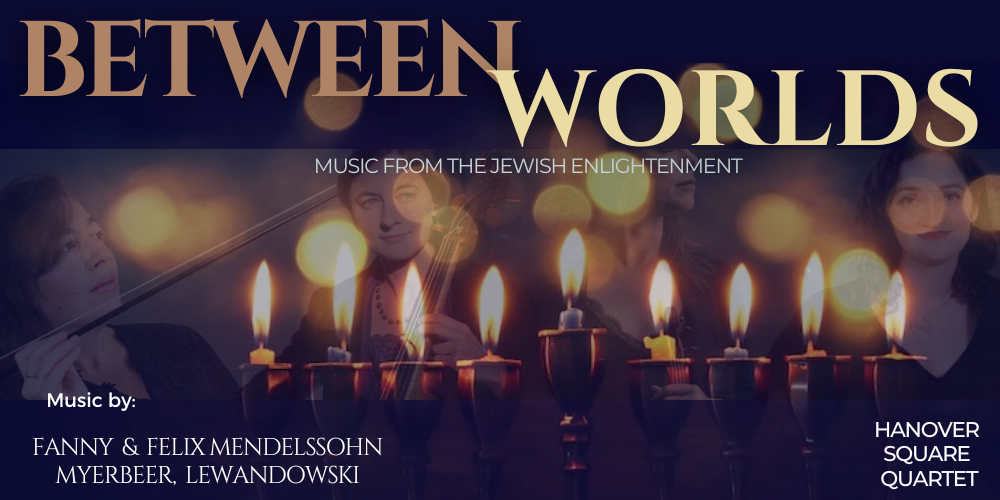
1770s Europe saw a massive change for the Jewish people of Europe. Given legal parity, they were allowed into trades and Guilds, previously kept closed to them. Jews were finally permitted to fully take part in western Christian society. This period, known as the Haskalah, or Jewish Enlightenment, saw an outpouring of art, across the genres. It was responsible for the beginnings of secular Jewish culture, and major shifts in Jewish philosophy.
Felix Mendelssohn's grandfather Moses Mendelssohn was a big part of that change promoting a philosophy of assimilation and contribution by Jewish people in all areas of life.
It was a a time of great possibility, and some Jewish artisits and composers were incredibly successful. Giacomo Myerbeer (or Jakob Meyer Beer, as he was originally known, was one such success story. The son of a Royal craftsman, he was of the most successful musicians of his generation. His operas were performed across Europe, and from New York, to Mexico, from Havana to Cairo.
Some Jewish musicians, like Mendelssohn and Mahler converted to Christianity to enable their progression in society. Despite having opened up, it wasn't entirely welcoming. Others trod a different path, such as Meyerbeer, who stayed within the Jewish traditions, despite having a day job in the opera house. His name is up there in gold alongside Beethoven in the Concertgebouw, and yet his name is no longer so well known in classical music, outside the odd opera.
Whilst Jewish culture added something new into the mix, some influences were from the Christian world to the Jewish. Louis Lewandowsi, a famous synagogue musician in Berlin brought the Christian culture organ music into the synagogue. And so we add a little of his less well known religious music into our mix of musician composed bt Jews and Gentiles.
Works by:
Felix Mendelssohn,
Giacomo Meyerbeer,
Haydn Op
Louis Lewandowski.
New Programmes:
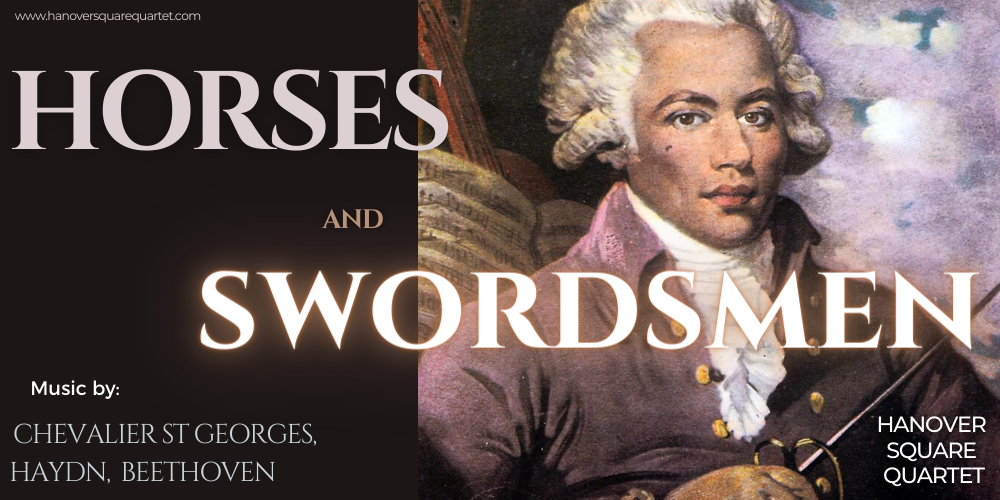
Celebrating the works of Chevalier St Georges, alongside two pillars of the quartet genre. St Georges was a French classical composer, virtuoso violinist, conductor, and champion fencer. He served as the colonel of the Legion-St-Georges, the first all-black regimen in Europe, and was a favourite in the court of Marie Antoinette.
Today we know him as the first classical composer of African ancestry, composing string quartets, operas and other instrumental pieces.
J. Haydn: the Rider Quartet Op.74/3
Chevalier St George: Quartets from Op.1
Beethoven: Rasmovsky Op. 59/1
